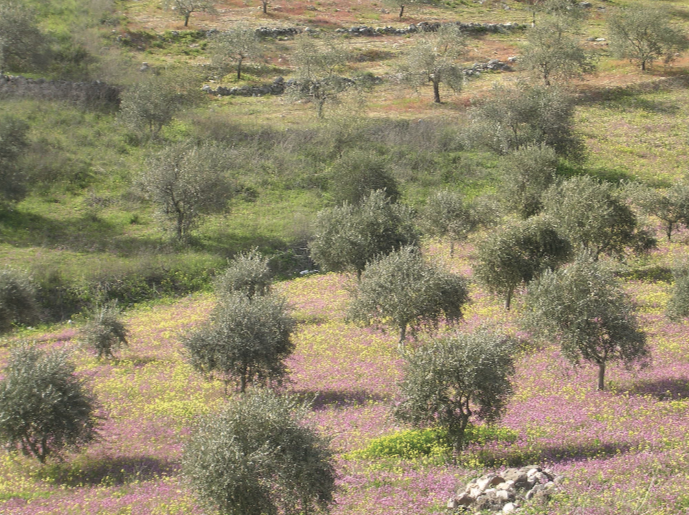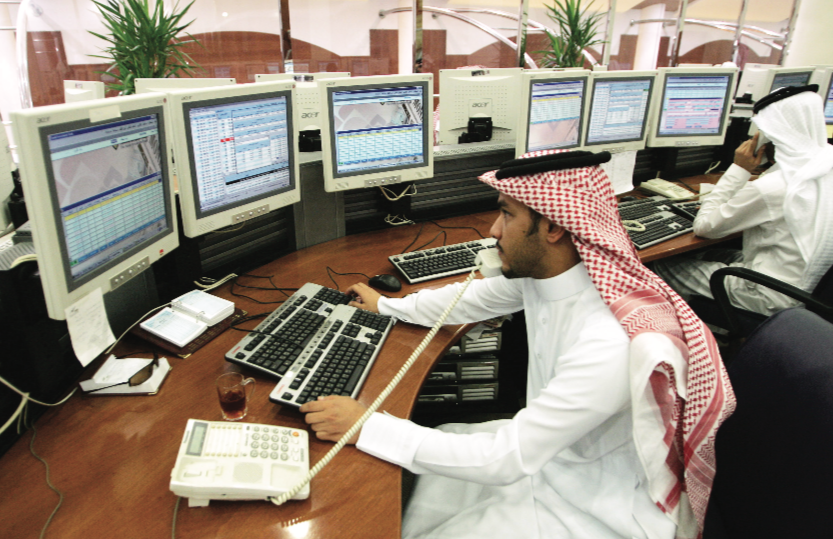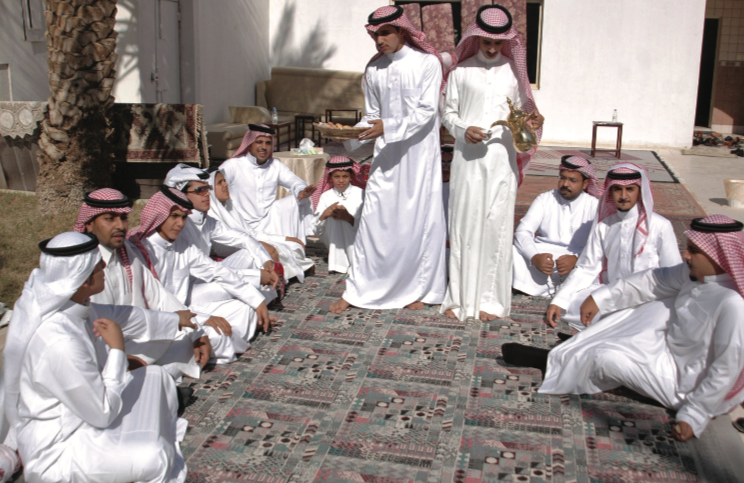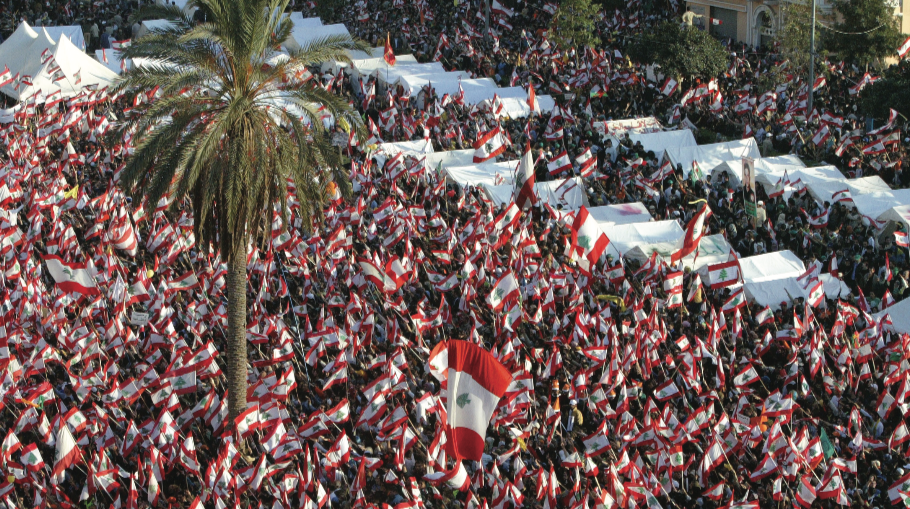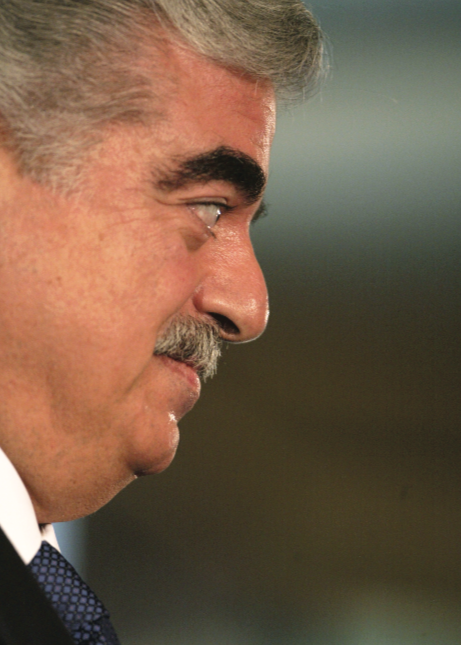Olive oil has been a staple of the Middle Eastern diet for millenniums and demand for the product remains high. Global consumption of olive oil has been increasing at 1.5% per annum over the past decade. Market demand for this product is expected to continue as the apparent health benefits of olive oil, and an ongoing interest in Mediterranean cuisine, stimulate the market.
Under-developed sector
Lebanon is considered a minor player in a global market dominated by Spain, Italy, Greece, and Tunisia. The Stanford Research Institute (SRI) Expanding Economic Opportunities in Lebanon project, estimates the economic value of olive farming in Lebanon to be well over $200 million annually – barely 0.2% of the global $125 billion olive oil industry. The IOOC (International Olive Oil Council) released new figures in November 2006 showing that, while overall worldwide production has increased in the last 10 years from 1,735,000 tons to 2,599,000 tons, Lebanon’s production has barely changed – it went from 5,000 tons to 5,500 tons and the same is predicted for 2006/07. However, Lebanon’s neighbors are cleaning up their act to keep up with increasing global demand. Syria’s olive oil output went up from 76,000 tons to 100,000 tons in the last decade, and the IOOC predicts an output of 155,000 for 2006 and 2007. Jordan almost doubled its production in last 10 years and output is expected to increase from 22,000 tons to 36,000 tons this year.
In terms of foreign sales, Lebanon exports 1,000 tons, while Syria is predicted to shift 40,000 tons overseas – a 100% increase since 2005 – while Jordan is expected to experience similar growth with 17,000 tons.
Lebanon is clearly lagging behind, but experts agree that there is global demand for its produce as international olive oil tasters highly rate Lebanese extra virgin olive oil. “Our oil is excellent when produced using good cultural practices and when extracted in modern mills, respecting hygiene conditions,” explained Hussein Hoteit, an agricultural engineer.
Lebanon produces many different flavors and tastes of extra virgin olive oil because of the variations in soil, topography and altitude, but producers now realize that to be part of the global market they have to consider more than just the taste. (Access to international markets was eased in 2002, when the EU agreed to full liberalization – i.e. no duties and no quotas for less than 1,000 tons – for Lebanese olive oil, but production still remains too low for a major entry.) Today’s producers must recognize that economies of scale, labor costs, agronomic practices, and quality pressing are essential in today’s global market.
“One third of the oil produced, is for personal consumption; the remainder is sold to be bottled by the major companies, or from producer to consumer directly in the [$85, 16kg] tanakeh,” said Youseff Fares, an agricultural engineer and manager of Olive Trade. He added that the summer war reduced supply and pushed up prices of what was otherwise an excellent harvest.
One too many obstacles
According to Hoteit, many olive groves were damaged or covered by cluster bombs that prevented harvesting. The mohafaza of Nabatiyeh is only able harvest 23% while the mohafaza of South Lebanon can only pick 17% of the crop. On top of this, five olive mills in the south were destroyed. “The Lebanese olive oil industry is in a tough position. Production costs are increasing, quality is decreasing and the moral of the producers is at an all time low,” said Sleiman El Dagher, president of the Syndicate of Interprofessional Lebanese Olive Oil Producers (SILO).
The war was just another stumbling block for this fraught industry. According to SRI there are several problems facing the sector. Progress within the industry is vital if it is to grow, compete, and sustain itself in the world market. With respect to economics of production, the most important considerations for olive growing to ensure high fruit and oil yields are improved crop management and production techniques. Good storage facilities are also vital to retain quality of product. In Lebanon, these are inadequate compared to other Mediterranean countries.
There is a lack of extension services at the public sector level, such as low cost laboratory and testing facilities, while the sustainability of the sector is also at risk, especially in the south, as fewer people are choosing to live in the rural, olive growing areas.
Local consumers have also been hit by the recession and are reluctant to pay premium prices for olive oil. This has led to increased imports of foreign produce, especially from bulk-producer Spain. To make matters worse, Lebanese olive oil is losing out to shady operators who import olives and oil. These are either pressed or rebottled locally and passed-off as Lebanese.
Reaching out to other markets
Not surprisingly, producers and farmers are calling on the Ministry of Agriculture to implement a nationwide initiative for the improvement of the sector, with a focus on higher quality and a larger agriculture extension and outreach program.
Cheaper laboratory and testing facilities are also needed. “A nationwide incentive to test and certify local oil is essential for this industry to thrive,” insists El Dagher.
There are several ongoing projects with EU financing to train tasters to form a national Lebanese panel and establish four agricultural service centers in Jezzine, Hasbaya, Marjayoun and Bint Jbeil. Each will feature a modern mill and plant for bottling. Elsewhere, a number of producers are looking to export to specialty markets, such as France, Spain, USA, Australia and the Arab countries.
All this can be a significant source of jobs and revenue in the struggling agro sector. According to the SRI, however, to accomplish this, Lebanon must plant more trees and double its output of extra virgin olive oil, the type most in demand internationally. At the moment, it is estimated that extra virgin olive oil represents 25% to 35% of total Lebanese olive oil exports. “We should not attempt to take the highway of globalization that larger countries like Spain, Italy, Turkey and Greece, are on,” said El Dagher. “We should focus on creating a genuine Lebanese product, which can be exported to niche markets abroad.”

